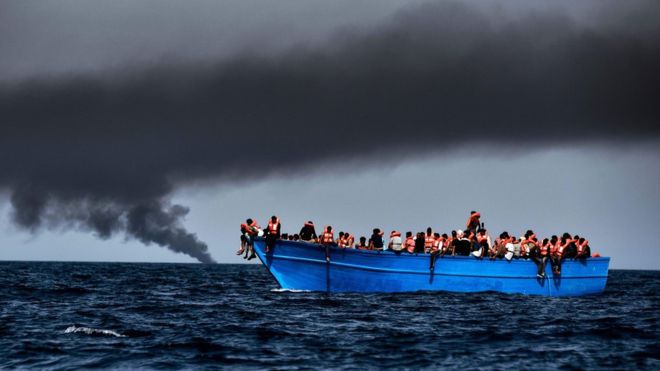
Guest Column: Lilian Saka Kiefer
Exploitation of human beings through forced labour, human trafficking or commercial sex is a growing development problem across the world, and more so in southern Africa. This exploitation exacerbates poverty and human suffering, thereby widening the inequality gaps. It robs its victims of their human dignity and denies them opportunities to productively contribute to their own livelihoods, and that of their households and communities.
Poor southern African countries are in most cases, source as well as transit countries in human trafficking and forced labour. Trafficking and forced labour could be either internal and external. Internal trafficking and forced labour find victims trapped in farms, homes, hotels and other places, working in menial labour or serving as prostitutes or sex slaves within their home country. External trafficking is whereby one “exports” people to foreign places where their labour is required.
The International Labour Organisation (ILO) also defines forced labour as all work or service which is done by any person and for which the said person has not offered themselves voluntarily.
A major challenge in tackling modern slavery is that in most cases, people are deceived and fed lies that cause them to voluntarily offer themselves for service, only to later find themselves trapped in forced labour. In addition, the practice of forced labour and modern slavery has become so sophisticated and more disguised, such that these conventions are in some circumstances in adequate.
Therefore, the problem tends to be under-diagnosed and under-addressed. Modern day slavery and forced labour is coated in regular terms and branded like regular and acceptable work, until people are trapped in and have no to avenue to seek help. Complementing this core reason are the facts that there is inadequate capacity of State agents and stakeholders to address the problem. Additionally, low knowledge levels among citizens, who are potential victims of human trafficking and forced labour, leads them into falling prey to traffickers and/or agents of forced labour.
If left unchecked, human trafficking and forced labour threaten the global community’s security, development as well as the attainment of the sustainable development goals. It is, therefore, critical that efforts be mobilised to effectively contribute to ending human trafficking and forced labour, specifically focusing on the following factors: • Limited and inadequately implemented/enforced domestic and regional legal frameworks: Currently, for southern Africa, the country level and regional level laws guarding against and protecting citizens from trafficking and forced labour are weak. This makes it difficult to develop effective strategies for combatting and ending the vice.
• Limited political will to implement domestic and regional frameworks: In southern Africa, only eSwatini and Zambia have endorsed the global call for action to end forced labour, modern slavery and human trafficking. The weak political will has also negatively affected the ratification and domestication of international laws, and instruments against this challenge have also remained very weak.
- Chamisa under fire over US$120K donation
- Mavhunga puts DeMbare into Chibuku quarterfinals
- Pension funds bet on Cabora Bassa oilfields
- Councils defy govt fire tender directive
Keep Reading
• Non-comprehensive definition of what constitutes forced labour: In most cases, Acts against forced labour are not adequately covered by the law because they do not make the definition.
• Lack of (inadequate/ineffective) effective response programmes and mechanisms: There is a general lack of effective strategies and support systems for dealing with human trafficking and forced labour issues, both as a preventive and/or response mechanism. There is a growing need to advocate for the development of effective policies and support programmes to facilitate an effective response, both at regional and country levels.
• Low citizen awareness of human trafficking and forced labour: Generally, the recognition of human trafficking and forced labour as a serious problem is very low among citizens in southern Africa. High poverty levels and the quest for opportunities outside their environments and home countries have exposed many southern African citizens as victims of trafficking and forced labour, working as prostitutes, or agents for selling or trafficking drugs among other vices. Knowledge is key to protecting oneself from this challenge as well as is support efforts by State agents to combat this situation.
Panos Institute Southern Africa (PSAf) is galvanising efforts to accelerate communication initiatives in ending human trafficking and forced labour. By raising awareness among citizens and motivating policymakers to accelerate commitment to developing laws and policies that will end this vice, PSAf hopes to see a reduction in numbers of people falling victim to forced labour and trafficking.
The author is the executive director of Panos Institute Southern Africa. For feedback, email: [email protected].











